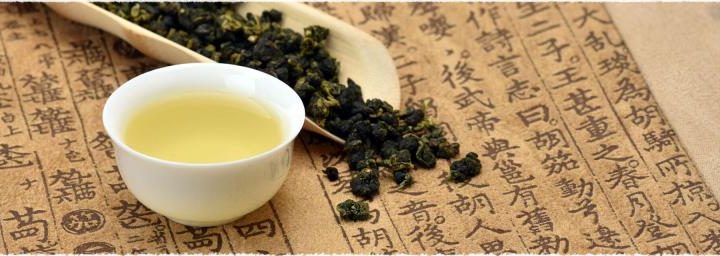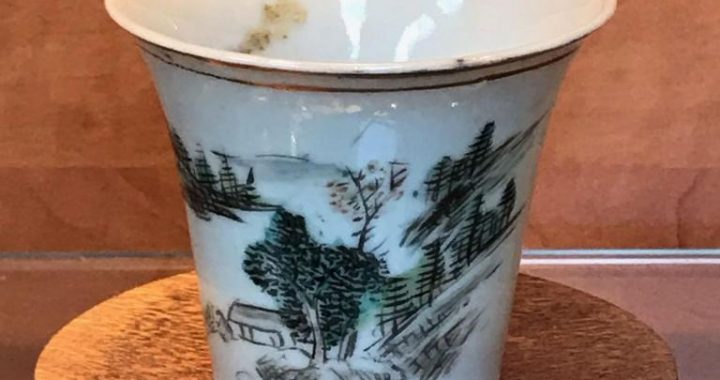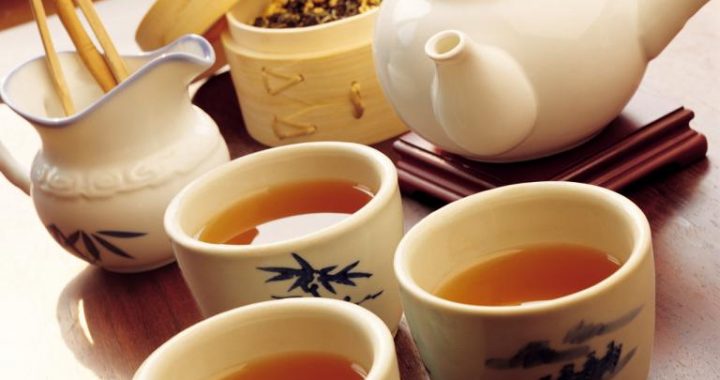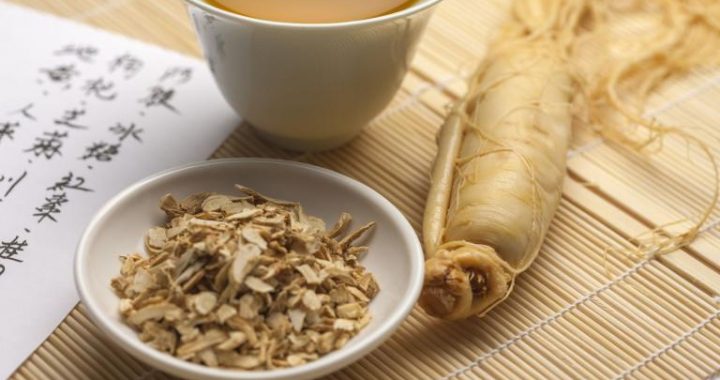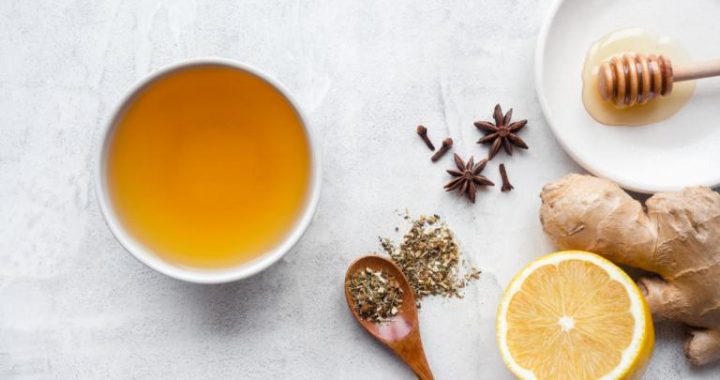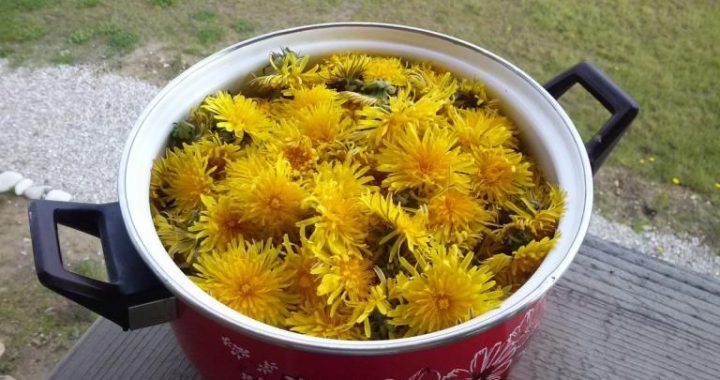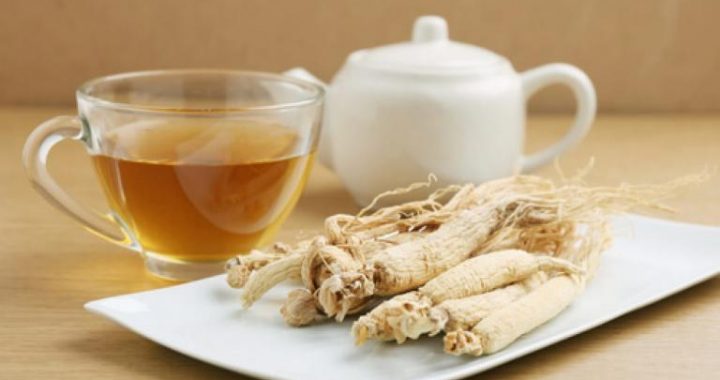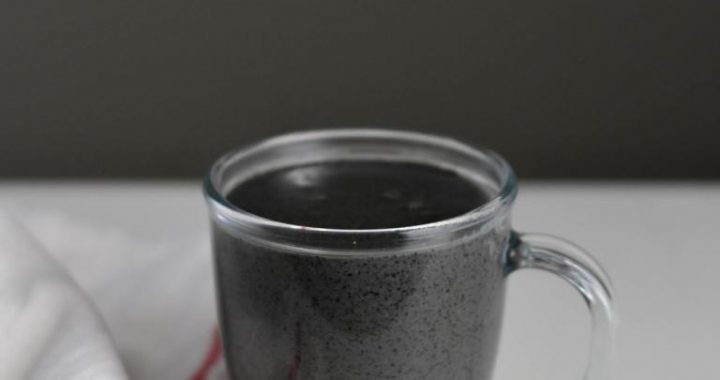Tea culture from The Wei, Jin, Southern and Northern Dynasties
3 min readTill the Wei, Jin, Southern and Northern dynasties (220~589), the records of tea very much rich, which indicated that tea as a kind of drink had entered people’s daily life in a more profound way. In this period, when tea was widely accepted as a pure drink, it’s gradually connected by people with their inner world and began to take on the connotation of culture. The special historic conditions of the Wei, Jin, Southern and Northern dynasties impelled tea to connect with the Chinese traditional schools of Taoism and Confucianism, and tea culture began to bud.
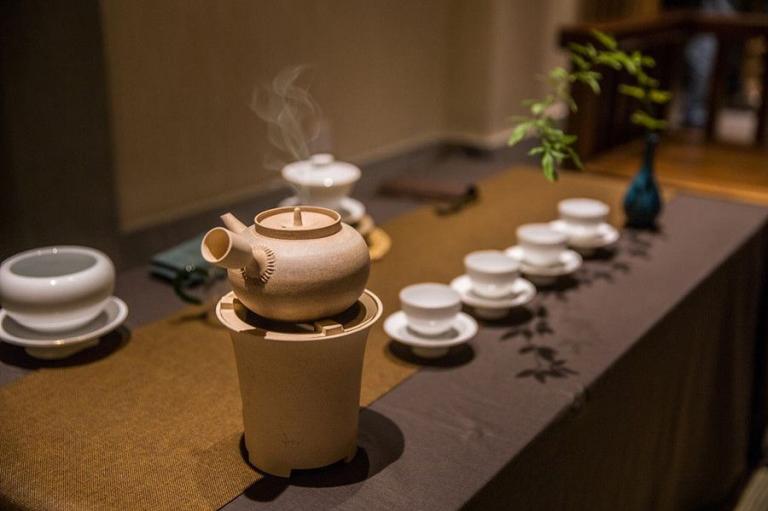
The Elixir of the Taoism
In the Wei, Jin, Southern and Northern dynasties, the society was in turbulence and the regimes altered frequently. People felt disappointed to the reality and were deeply influenced by the Taoism, so in the whole society there formed a trend of taking pills to pursue longevity, especially among the men of letters, the royal and noble families.
In the early Wei and Jin dynasties (220~420), in pursuit of longevity, people usually took pills of metals and stones, among which a popular one was “wushisan”, a kind of medicine made of 5 minerals. However, According to many historical materials, after taking “wushisan”, people usually would suffer from acute pains and even die. Therefore, people at that time also take herbal medicines. In this process, people gradually figured out that tea had the miraculous effect in preserving and prolonging one’s life, thus began to take tea as the elixir thatcould promise longevity. People of the Wei and Jin dynasties took a lot of tea, hoping to improve their heath, which showed their desire of pursuing longevity. This kind of pursuit was only confined to the physical health at first, and later it developed into the pursuit of the physical and spiritual harmony, approaching the thought of cultivating one’s morality-an idea advocated by the Taoism.
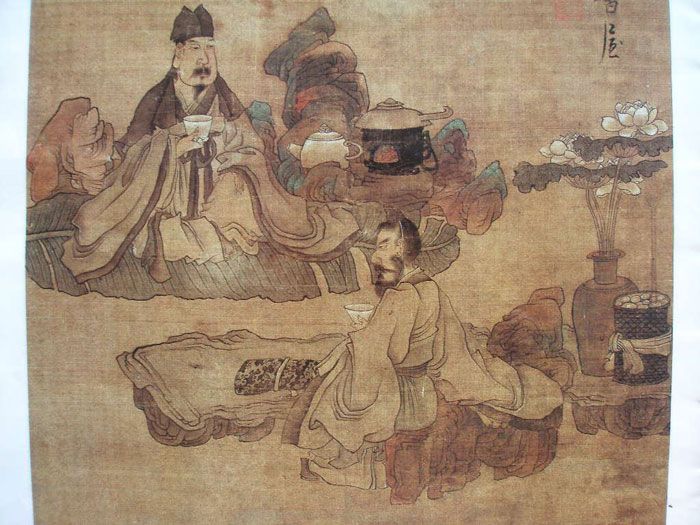
Advocating Honesty with Tea”of the Confucianism
When tea was connected with the immortal thought of Taoism, it was also attachedto the Confucian thoughts and led the thrifty and frugal living style of people then. The ideas of “maintaining one’s integrity when poor and contributing to the country when eminent”and “being diligent and thrifty”that were advocated by the Confucianism stroke root in the hearts of the people in Wei, Jin, Southern and Northern dynasties, and merged with tea tasting, which initiated the tradition of “advocating honesty with tea”in tea culture. As opposed to the luxurious practices then, many people showed their lofty aspirations by alluding to tea, demonstratingtheir frugality. For example, Lu Na used tea to entertain his guests; Emperor Wu of the Qi dynasty used tea as sacrificial offerings in rituals; and Huan Wen took rice with tea as a meal etc.
We should first clarify the reasons why tea was seen as a symbol of thrifty life under the social atmosphere then. Firstly it was widely taken by people of both the upper and the lower classes; more importantly, it was very cheap. In another word, the connection between tea and “thrift”was not for its own material property, but its social property,i.e. its price in the market, which played a decisive role.
However, we should still attribute the promotion of this connection to the scholars and officials who were deeply influenced by the Confucianism; it was them that connected the social property of tea with the Confucian ideas of “maintaining one’s integrity when poor and contributing to the country when eminent”and “being diligent and thrifty”, and thus initiated the Confucian tradition of “advocating honesty with tea”in tea culture.
Thus, as a kind of drink, tea was associated with the Chinese traditional thoughts of Taoism and Confucianism which symbolized the budding of tea as a kind of cultural phenomenon in the history.
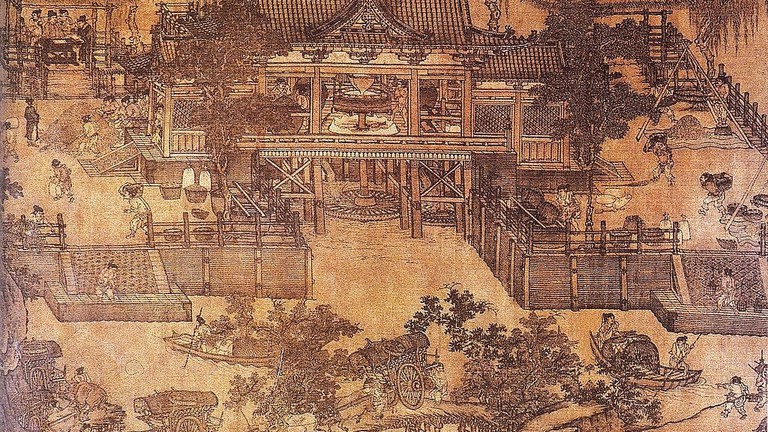
The Tang Dynasty: the Spread and Popularization of Tea and Tea Drinking Custom
The Tang dynasty (618~907) was a prime time during the development of the Chinese feudal society, which provided excellent social conditions for the promotion and popularization of tea and tea drinking custom. In fact, with the economic and cultural prosperity of the Tang dynasty, tea drinking and tasting rapidly became an indispensable habit in the daily life of all walks of people, and it began to spread to the foreign countries as a kind of culture as well.
